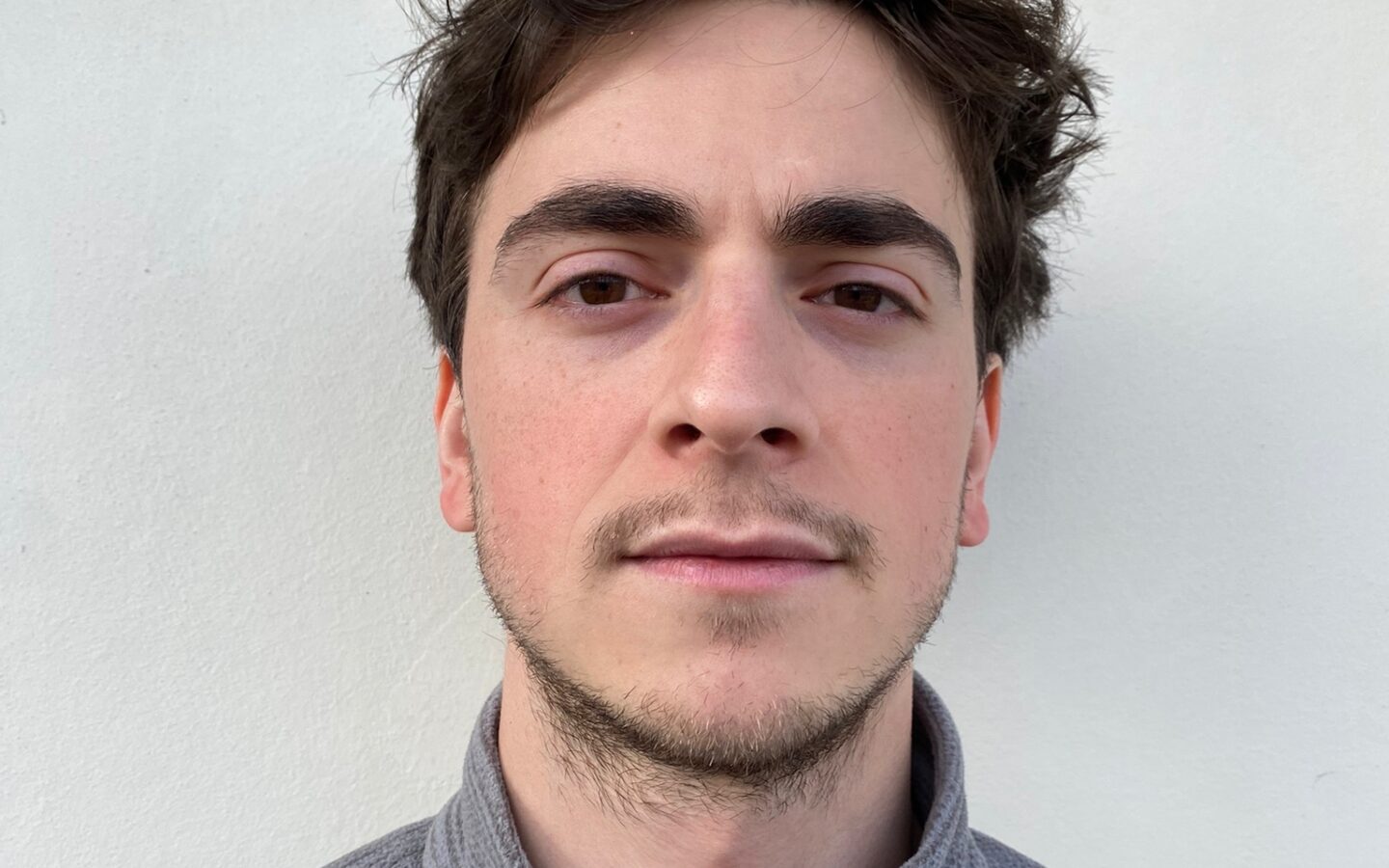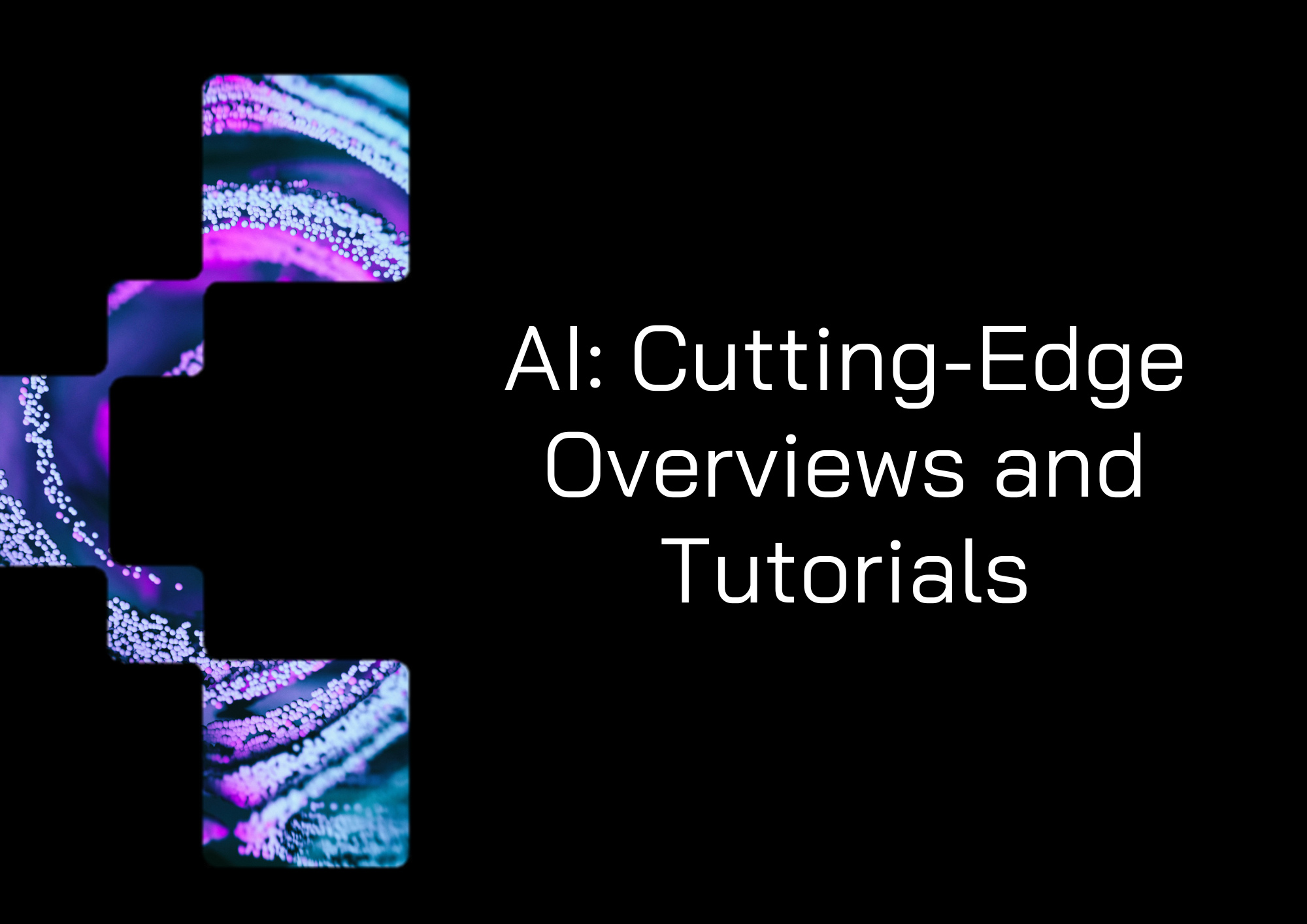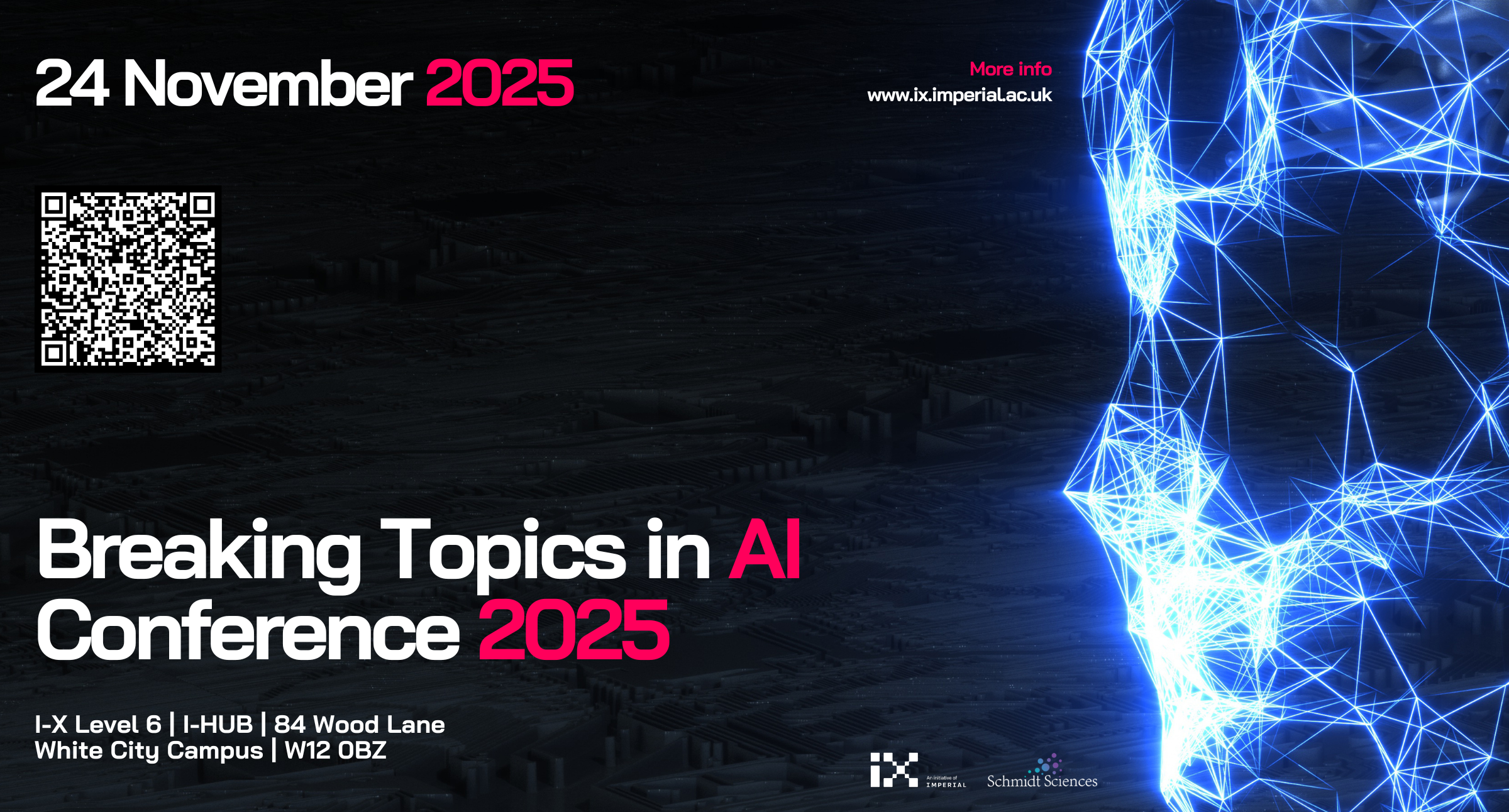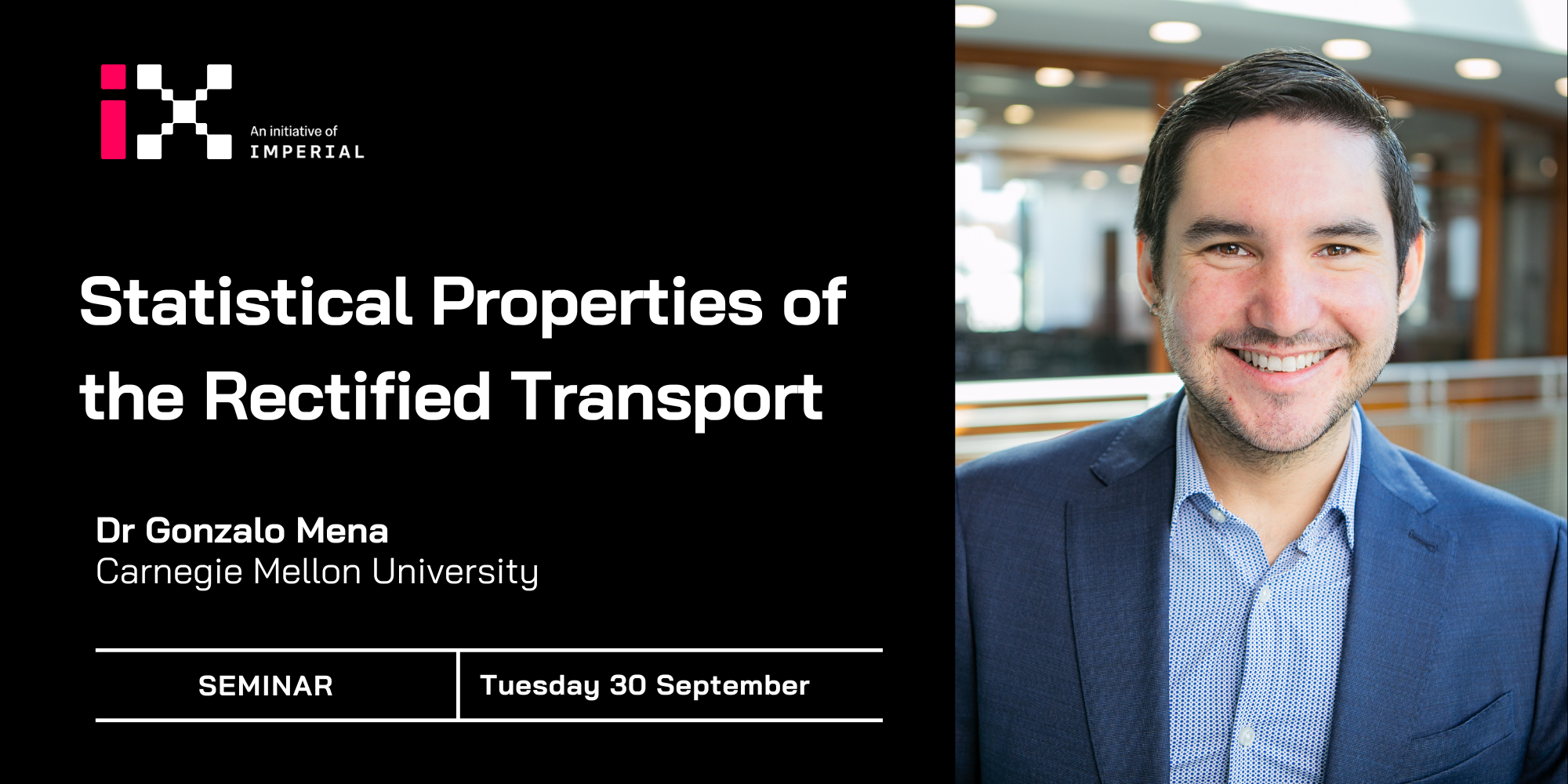Francesco Di Giovanni
I am a Senior Research Associate in the Department of Computer Science at the University of Oxford, working under the supervision of Michael Bronstein. Specialising in Geometric Deep Learning (GDL), my research has primarily revolved around Graph Neural Networks. I have made contributions in identifying limitations of the current message-passing paradigm and have developed extensions to enhance their efficacy, particularly for tasks involving long-range interactions. My current research also spans generative AI and a theoretical reassessment of conventional GDL methodologies. Before joining Oxford, I served as a Research Associate at the University of Cambridge and as a Machine Learning Researcher at Twitter. I earned my PhD in Mathematics from UCL in 2021, under the guidance of Jason Lotay, with a thesis on Ricci flow. My general goal is understanding how symmetries and geometry of the data affect the power and optimization of deep learning models, with the ambition of working towards the next generation of AI for non-Euclidean domains, which are common in Life Sciences.



